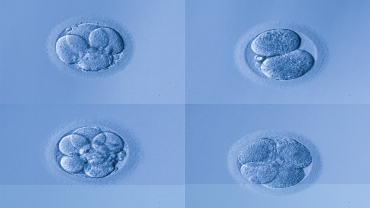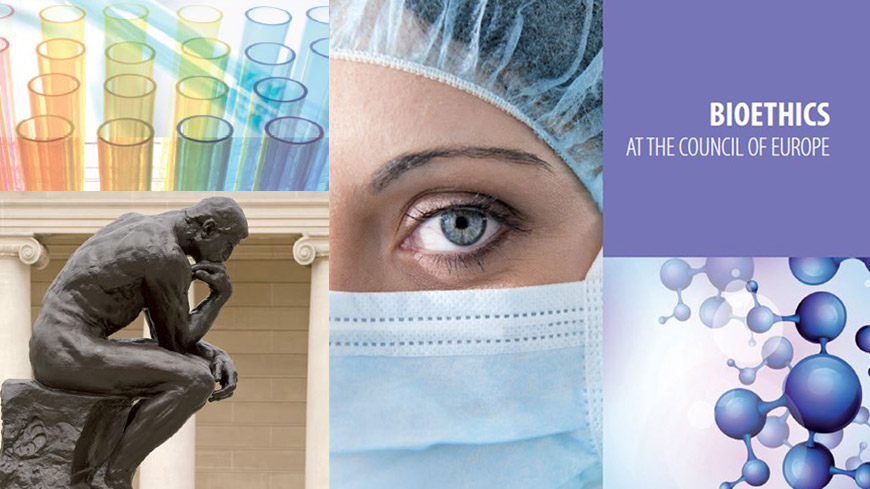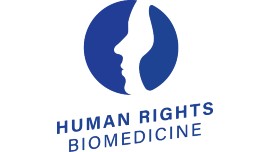The DH-BIO adopted a Statement on Genome Editing Technologies during it's 8th meeting in Strasbourg on 2 December 2015.
The scientific community is abuzz with discussion of the new technologies to modify genes such as CrisprCas9. “There is strong support for better understanding of causes of diseases and future treatment through new technologies, however the application of genome editing to human gametes or embryos raises many ethical, social and safety issues, particularly modification which could be passed on to future generations,” said the Council of Europe Committee on bioethics DH-BIO in a statement.
The committee stressed the Oviedo Convention as the only international legally binding treaty addressing human rights in the biomedical field. The article 13 in the convention limits the purposes of any intervention on the human genome, including in the field of research, to prevention, diagnosis or therapy. In addition, it prohibits any gene modification of embryos that would be passed on to future generations.
The Committee on Bioethics agreed, as part of its mandate, to examine the ethical and legal challenges raised by the emerging genome editing technologies.
- Interview of Mark Bale, Chair of the Committee on Bioethics [en] :












